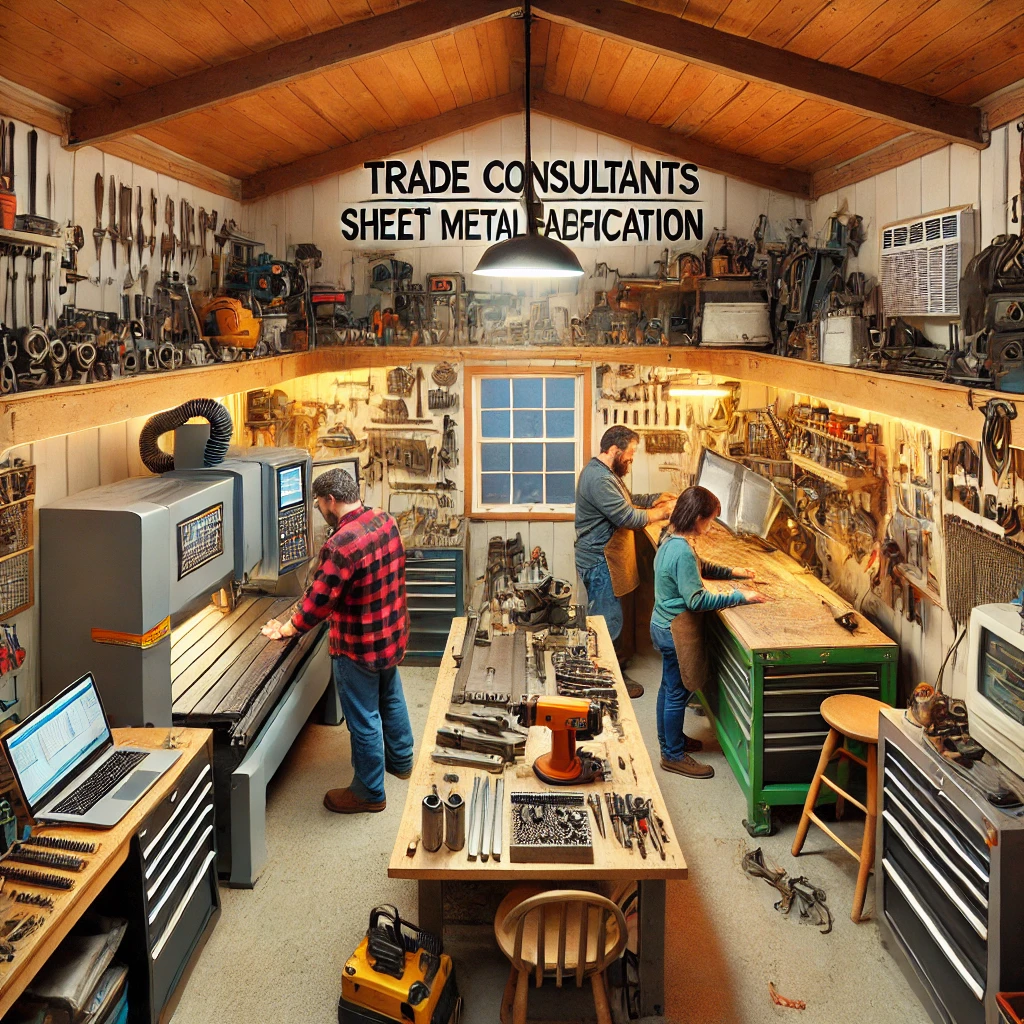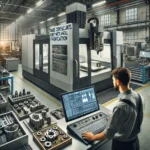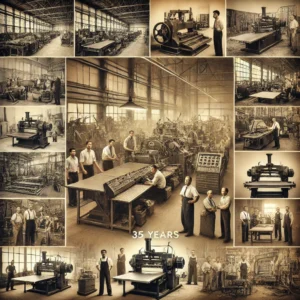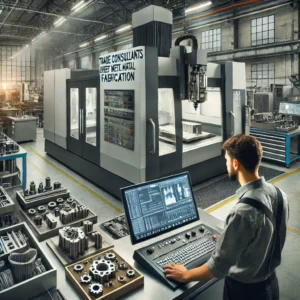
The landscape of manufacturing in the United States has undergone significant changes over the past few decades. Globalization, technological advancements, and economic fluctuations have all impacted how machine shops operate. Despite these challenges, many machine shops have not only managed to survive but also thrive. Here’s a closer look at how the average machine shop is staying in business in the United States.
Embracing Technology and Innovation
- Adoption of Advanced Machinery:
- Machine shops are investing in state-of-the-art equipment, such as CNC (Computer Numerical Control) machines, to enhance precision and efficiency. This investment allows them to produce high-quality parts with greater accuracy and speed.
- Automation:
- Automation technologies, including robotic arms and automated production lines, are being integrated into machine shops. These advancements reduce labor costs, increase productivity, and minimize human error.
- 3D Printing and Additive Manufacturing:
- Many machine shops are incorporating 3D printing and additive manufacturing into their processes. These technologies enable rapid prototyping and the production of complex parts that would be difficult or impossible to create using traditional methods.
Diversifying Services and Specializations
- Expanding Service Offerings:
- To remain competitive, machine shops are diversifying their services. This includes offering additional capabilities such as welding, metal finishing, and assembly. By providing a one-stop solution, they attract a broader customer base.
- Specializing in Niche Markets:
- Some machine shops are focusing on niche markets where they can offer specialized expertise. This might include aerospace, medical device manufacturing, or custom automotive parts. Specialization allows them to command higher prices and build a loyal client base.
Focusing on Quality and Customer Service
- Commitment to Quality:
- Maintaining high standards of quality is crucial for machine shops. Implementing stringent quality control measures ensures that products meet or exceed customer expectations, leading to repeat business and positive referrals.
- Customer Relationships:
- Building strong relationships with customers is a key strategy for staying in business. Providing excellent customer service, understanding client needs, and delivering on promises fosters trust and long-term partnerships.
Lean Manufacturing and Efficiency
- Implementing Lean Principles:
- Lean manufacturing principles, such as reducing waste, optimizing processes, and continuous improvement, are widely adopted in machine shops. These practices help in cutting costs and increasing operational efficiency.
- Supply Chain Management:
- Efficient supply chain management is critical for machine shops. By establishing reliable supplier relationships and managing inventory effectively, they ensure timely delivery of materials and parts, reducing downtime and production delays.
Adapting to Market Changes
- Flexibility and Agility:
- The ability to adapt to market changes and customer demands quickly is a significant advantage. Machine shops that can pivot and offer new services or adjust production based on market trends are more likely to stay competitive.
- Economic Resilience:
- Diversifying revenue streams and maintaining a healthy financial cushion helps machine shops weather economic downturns. Government contracts, maintenance work, and small-scale production runs provide stability during tough times.
Workforce Development
- Skilled Labor:
- Investing in workforce development is essential. Machine shops are offering training programs and apprenticeships to develop skilled labor. A knowledgeable and proficient workforce is a valuable asset in maintaining high production standards.
- Attracting Talent:
- Creating an attractive work environment and offering competitive wages and benefits helps in attracting and retaining skilled workers. A motivated and dedicated workforce contributes significantly to the shop’s success.
Utilizing Digital Marketing
- Online Presence:
- Establishing a strong online presence through a professional website, social media, and digital marketing helps machine shops reach new customers. Showcasing capabilities, customer testimonials, and successful projects online can drive business growth.
- E-commerce and Online Quotes:
- Offering online quoting and e-commerce options makes it easier for customers to do business with machine shops. Streamlining the purchasing process through digital platforms increases accessibility and convenience.
Conclusion
The average machine shop in the United States is leveraging a combination of technology, diversification, quality focus, lean practices, adaptability, skilled workforce, and digital marketing to stay competitive. By continuously evolving and meeting the demands of a dynamic market, these shops are not only surviving but thriving in the modern manufacturing landscape.
For more insights on our capabilities and how we can assist with your projects, visit www.heavymetalfabrication.com.







